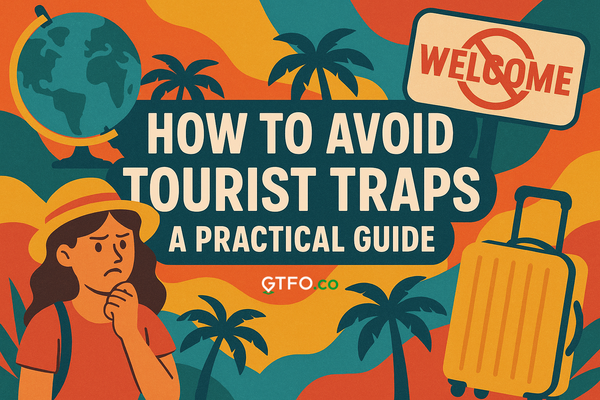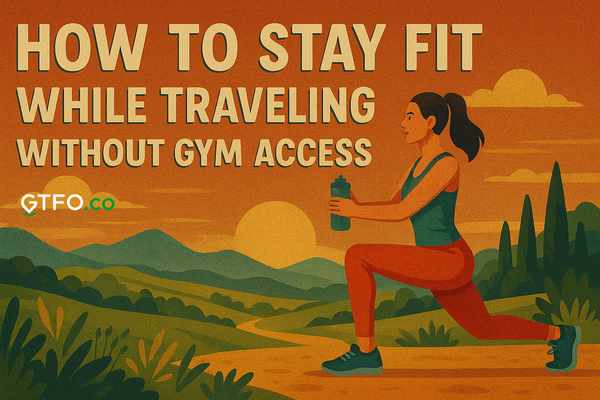Why Starting a Road Trip Late at Night is a Terrible Idea
Late-night drives have a Fight Club vibe—mysterious, rebellious, and secretly miserable. Beyond the romance of empty highways, here’s why hitting the road after dark sets you up for fatigue, danger, and a trip that feels like a survival challenge.
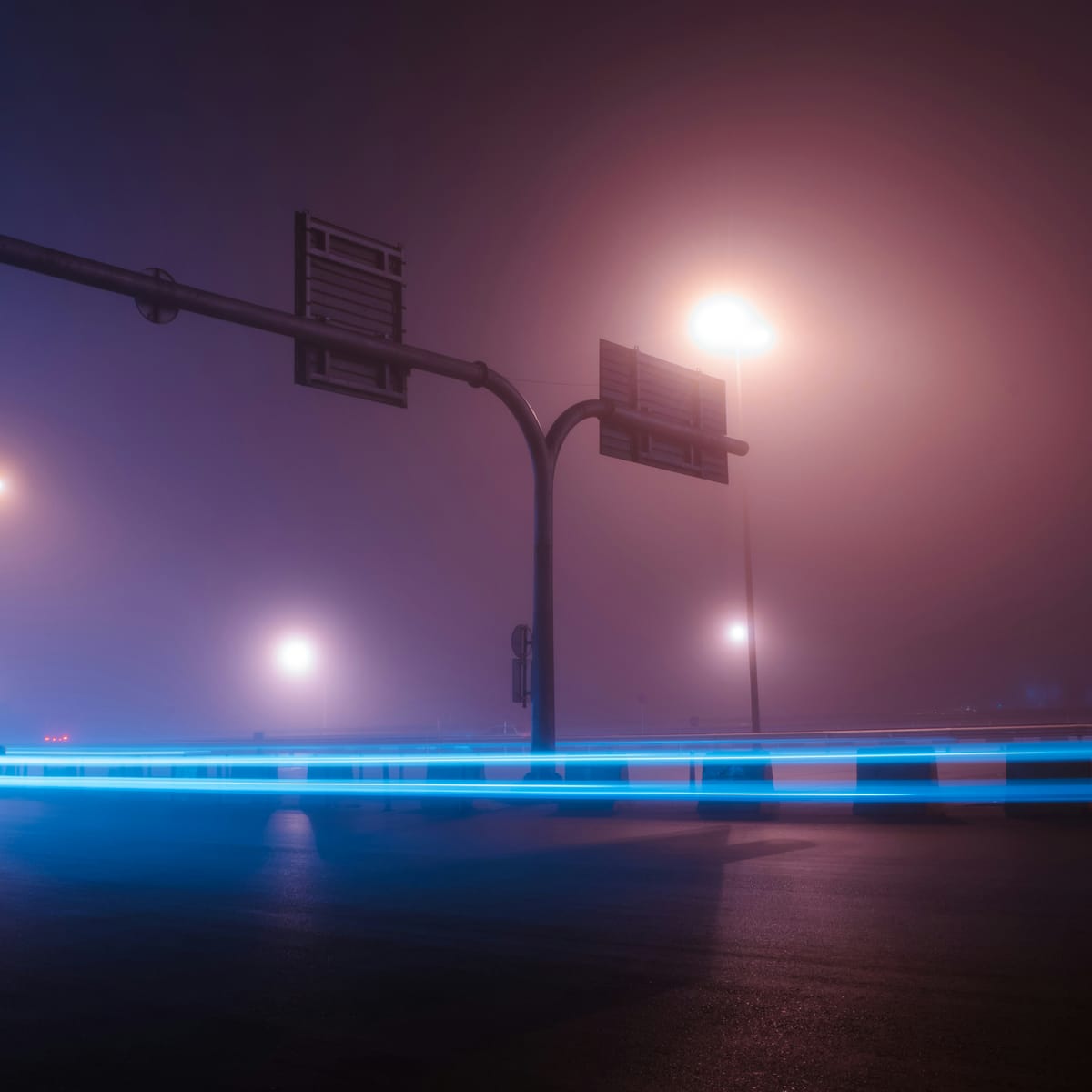
Key Takeaways:
• Night driving triples fatal accident risks due to fatigue, poor visibility, and impaired drivers
• Essential services close, turning minor issues into major headaches
• Your body fights against nighttime alertness no matter how much coffee you drink
• You'll miss all the scenery and spontaneity that makes road trips special
• Better option: Leave at dawn to avoid traffic while staying fresh
The idea of a nighttime road trip has undeniable appeal - empty roads, starry skies, and a sense of adventure. But the reality usually involves bleary eyes, grumpy passengers, and dangerous driving conditions. Before you plan that midnight departure, consider these compelling reasons to hit the road at sunrise instead.

1. Safety Dangers Multiply After Dark
Human factors:
• Your natural circadian rhythm makes you sleepiest between 2-5 AM
• Reaction times slow by 20-30%, similar to driving drunk
• More impaired drivers on the road after bars close
Vehicle risks:
• Fewer other drivers around to notice if you have car trouble
• Harder to see road hazards like potholes or debris
• Increased chance of hitting animals crossing roads
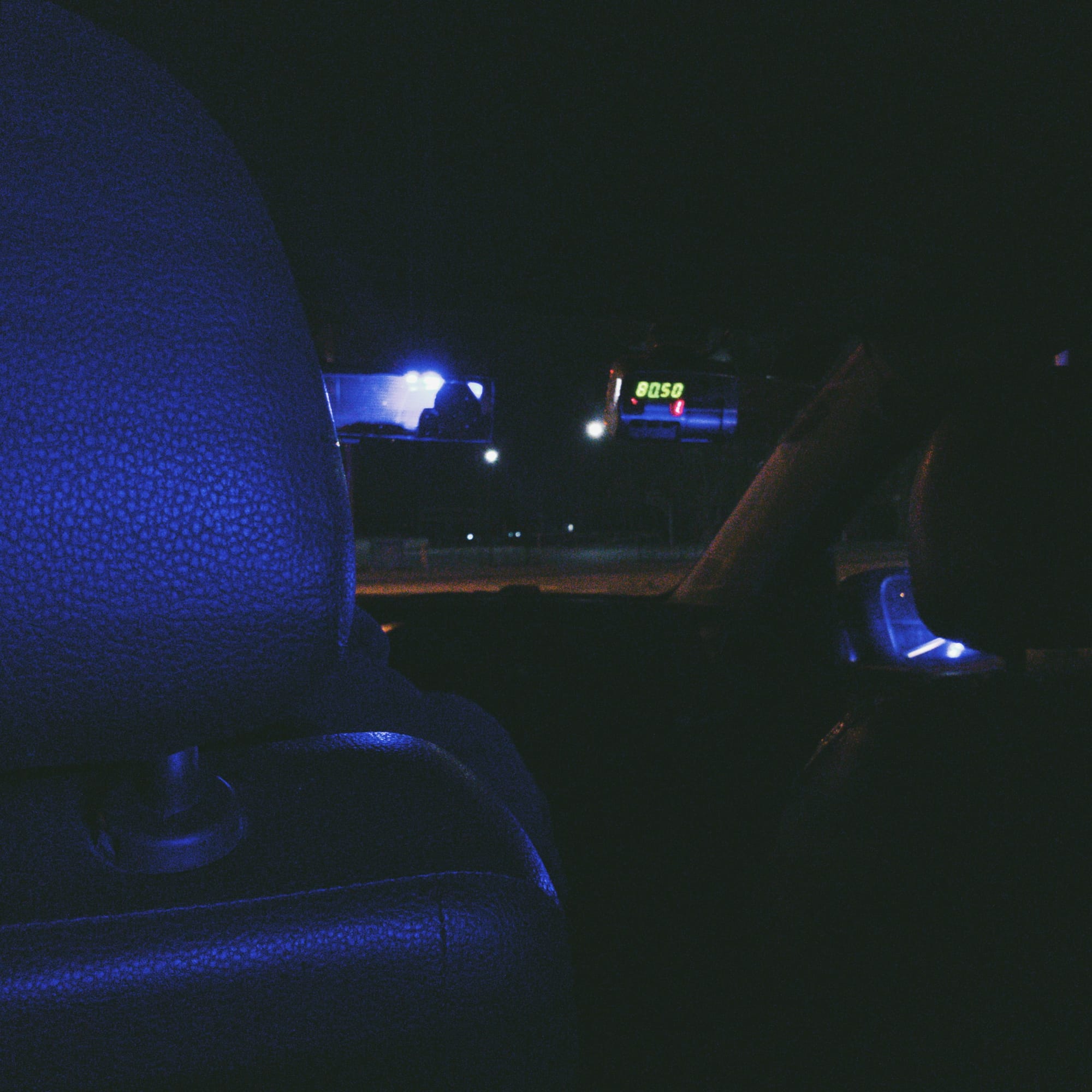
2. Fatigue Becomes Your Worst Enemy
The exhaustion cycle:
• Initial adrenaline wears off after the first hour or two
• Microsleeps (3-5 second unconscious lapses) become likely
• "Second wind" feelings are temporary and misleading
Caffeine limitations:
• Energy drinks and coffee provide short bursts of alertness
• The crash afterward leaves you more tired than before
• Can't overcome your body's natural sleep signals
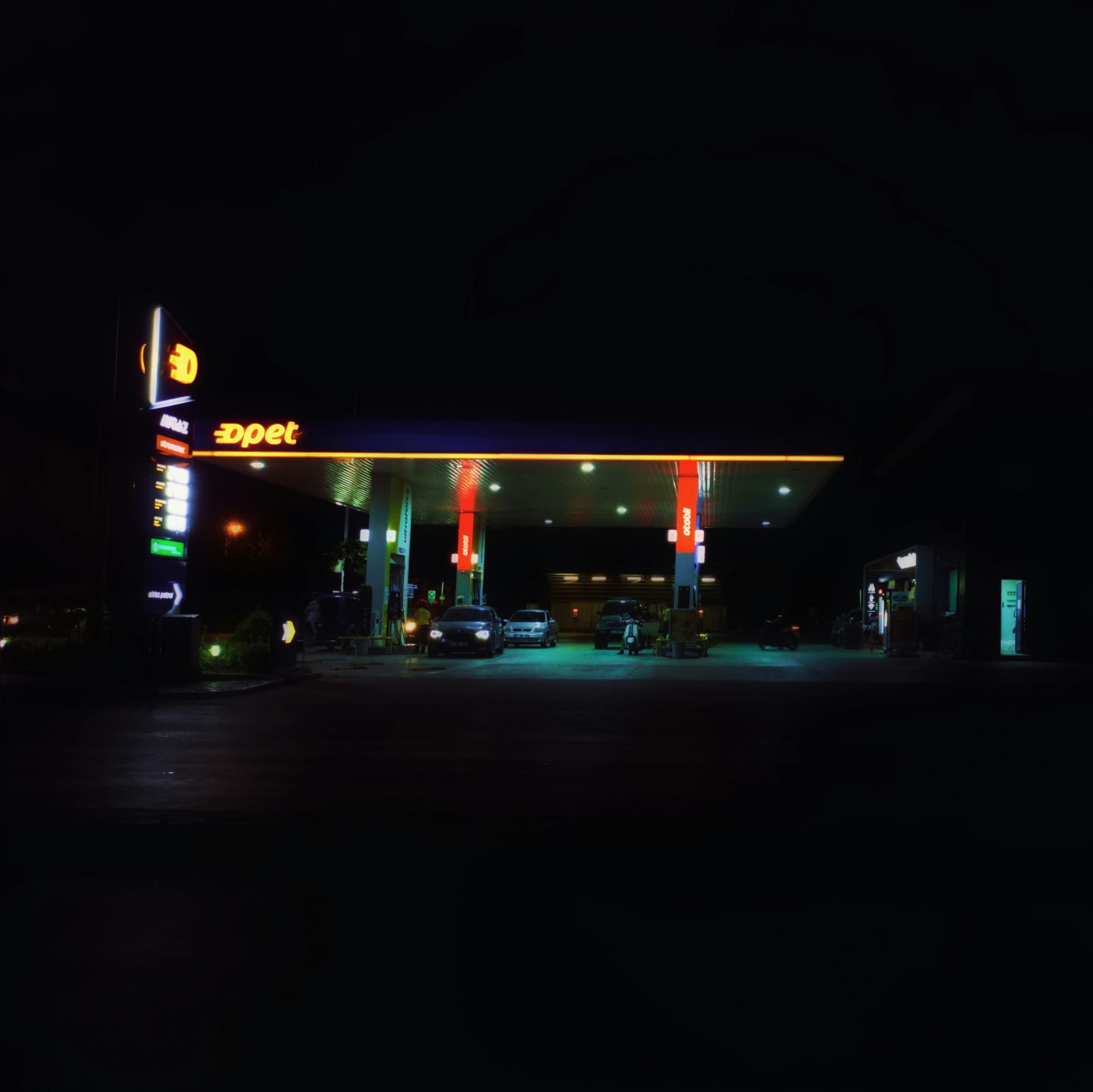
3. Limited Services and Options
Availability issues:
• Most gas stations in rural areas close overnight
• Restaurants and convenience stores have limited late-night options
• Rest areas may be closed or feel unsafe
Emergency difficulties:
• Harder to get roadside assistance at night
• Fewer other drivers around to help if you're stranded
• Repair shops won't be open if you need parts
Food problems:
• Limited to fast food or vending machine options
• Healthier choices are rarely available
• Eating junk food makes you feel worse
4. Health and Performance Impacts
Sleep deprivation effects:
• Starting tired means arriving completely exhausted
• Need days to recover from the disrupted sleep
• Impacts your enjoyment of the destination
Mental effects:
• Impaired decision-making from fatigue
• Reduced ability to handle stress
• Worse memory formation of the trip
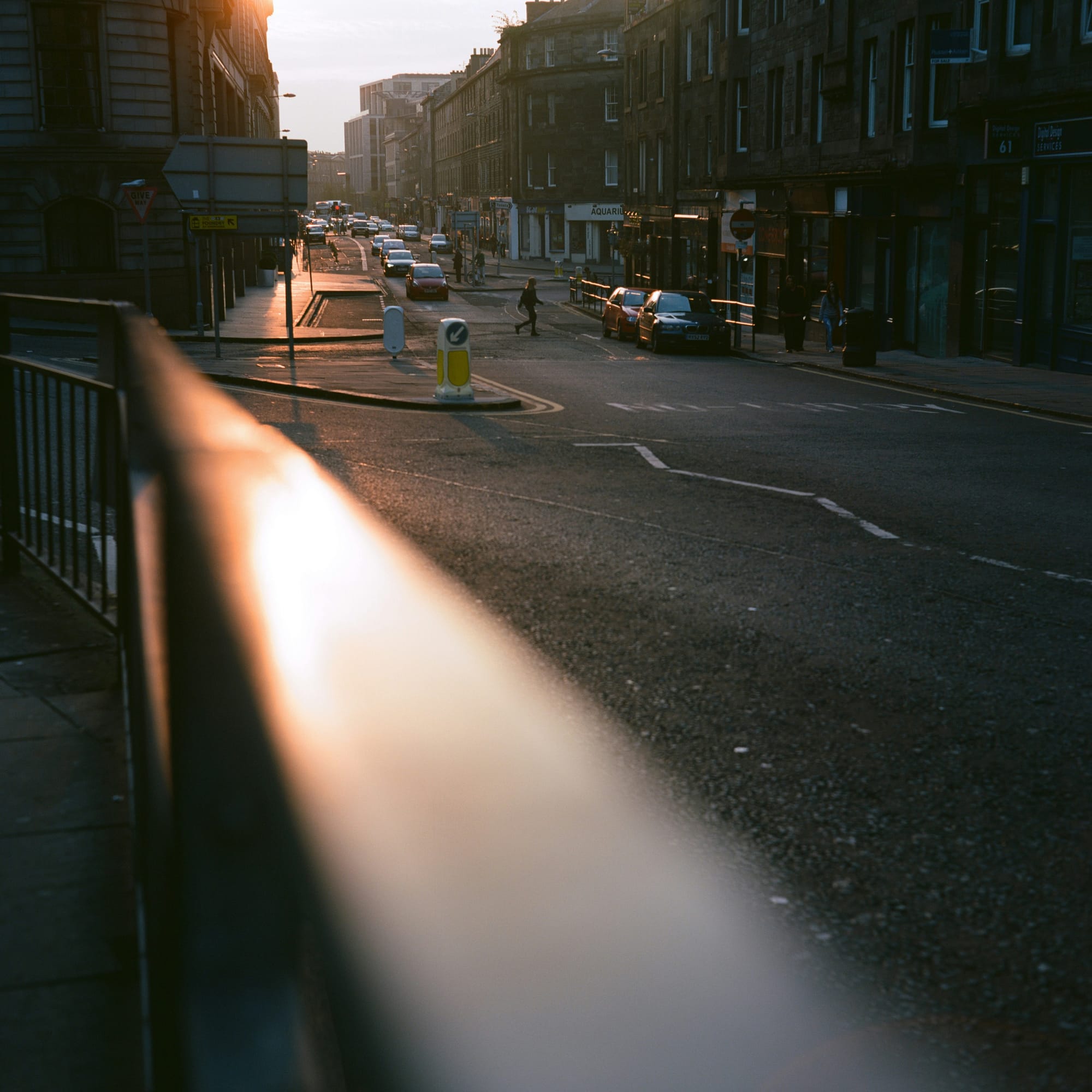
Better Alternative: The Dawn Departure
Advantages of leaving at sunrise:
• Beat morning traffic in urban areas
• Natural light keeps you alert
• Full day of driving means arriving by dinner time
How to make it work:
• Pack the car the night before
• Go to bed early and set multiple alarms
• Have easy breakfast options ready
Benefits you'll notice:
• Better moods throughout the trip
• Ability to enjoy stops along the way
• Arriving at your destination with energy left
If You Must Drive at Night...
Essential precautions:
• Take a 2-3 hour nap before leaving
• Share driving duties if possible
• Stick to well-lit major highways
Must-have supplies:
• Extra caffeine (but don't overdo it)
• Healthy snacks and plenty of water
• Emergency kit with blankets and flashlight
Safety tips:
• Stop immediately if you feel drowsy
• Keep windows cracked for fresh air
• Play engaging podcasts or audiobooks
The Bottom Line
Road trips should be about adventure and connection, not white-knuckling through exhaustion. While night driving might seem efficient, it sacrifices safety, enjoyment, and memories. A dawn departure lets you experience the journey at your best - alert, engaged, and ready for whatever the road brings.



